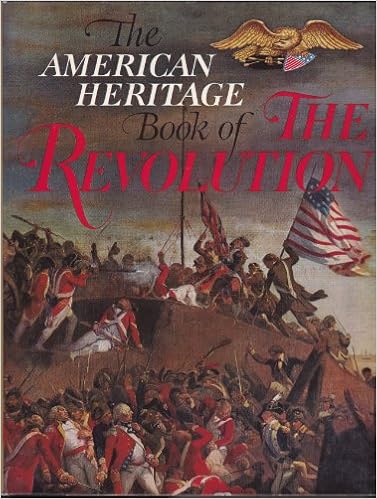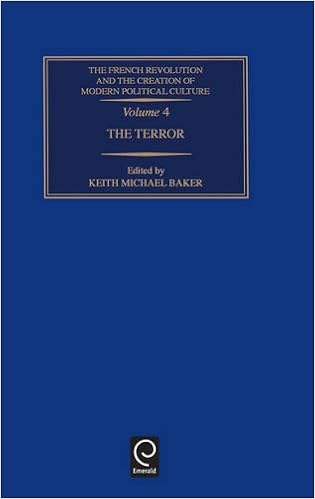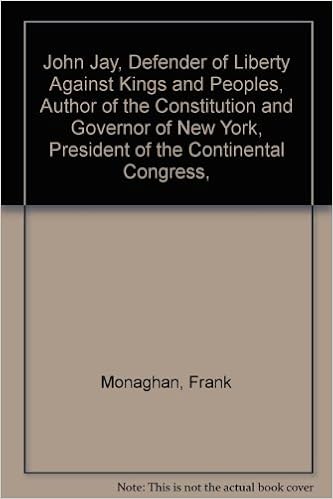
The American Revolution was a political upheaval that took place between 1765 and 1783 during which colonists in the Thirteen American Colonies rejected the British monarchy and aristocracy, overthrew the authority of Great Britain, and founded the United States of America.
The French Revolution was a period of far-reaching social and political upheaval in France that lasted from 1789 until 1799, and was partially carried forward by Napoleon during the later expansion of the French Empire. The Revolution overthrew the monarchy, established a republic, experienced violent periods of political turmoil, and finally culminated in a dictatorship under Napoleon that rapidly brought many of its principles to Western Europe and beyond. Inspired by liberal and radical ideas, the Revolution profoundly altered the course of modern history, triggering the global decline of absolute monarchies while replacing them with republics and liberal democracies.
 The American Heritage Book of the Revolution
by
The American Heritage Book of the Revolution
by
 The French Revolution and the Creation of Modern Political Culture
by
The French Revolution and the Creation of Modern Political Culture
by
Edmund Burke was an Irish statesman born in Dublin, as well as an author, orator, political theorist, and philosopher who, after moving to London, served as a member of parliament (MP) for many years in the House of Commons with the Whig Party. Burke is remembered mainly for his support of the cause of the American Revolutionaries, Catholic emancipation, and for his later opposition to the French Revolution, the latter leading to his becoming the leading figure within the conservative faction of the Whig Party. In the nineteenth century Burke was praised by both conservatives and liberals.[5] Subsequently, in the twentieth century, he became widely regarded as the philosophical founder of modern conservatism.
Thomas Paine was an English-American political activist, philosopher, political theorist, and revolutionary. One of the Founding Fathers of the United States, he authored the two most influential pamphlets at the start of the American Revolution, and he inspired the rebels in 1776 to declare independence from Britain.
Mary Wollstonecraft was an English writer, philosopher, and advocate of women's rights. During her brief career, she wrote novels, treatises, a travel narrative, a history of the French Revolution, a conduct book, and a children's book. Wollstonecraft is best known for A Vindication of the Rights of Woman (1792), in which she argues that women are not naturally inferior to men, but appear to be only because they lack education. She suggests that both men and women should be treated as rational beings and imagines a social order founded on reason.
James Madison, Jr., was an American statesman and Founding Father who served as the fourth President of the United States from 1809 to 1817. He is hailed as the "Father of the Constitution" for his pivotal role in drafting and promoting the United States Constitution and the Bill of Rights.
John Jay was an American statesman, Patriot, diplomat, one of the Founding Fathers of the United States, signatory of the Treaty of Paris, and first Chief Justice of the United States (1789–95).
 John Jay
by
John Jay
by
Alexander Hamilton was an American statesman and one of the Founding Fathers of the United States. He was an influential interpreter and promoter of the U.S. Constitution, as well as the founder of the nation's financial system, the Federalist Party, the United States Coast Guard, and The New York Post newspaper.